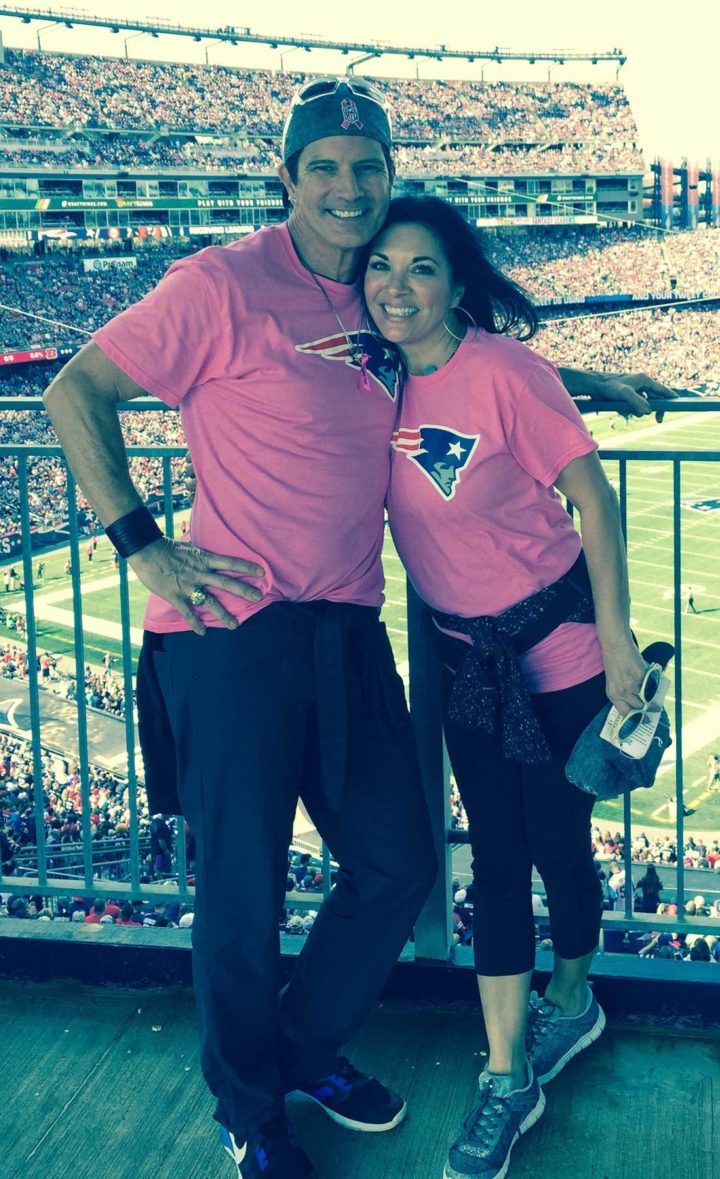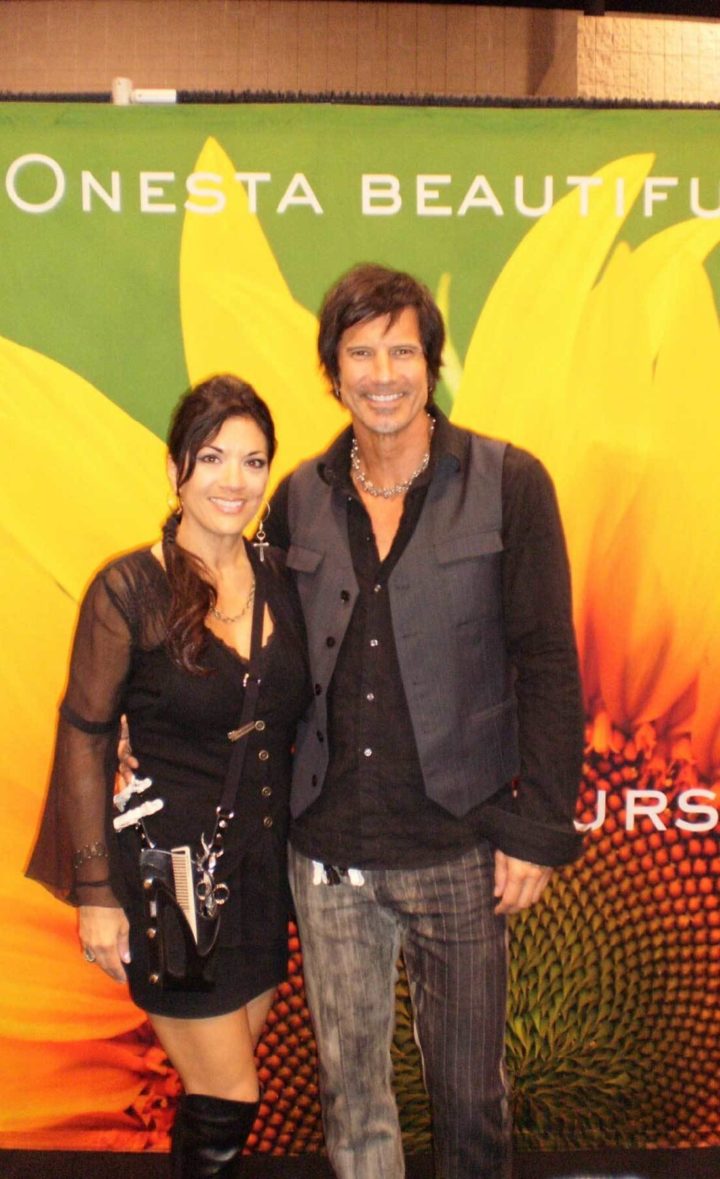Both my parents were gone and I was set to go back to Hawaii to sell our family home. About a week and a half prior to the trip I was just on the sofa yawning, and I ran my hand across my chest and I felt the lump. My mother was a breast cancer survivor, so I made that assumption right away.
I was debating whether to tell my wife or not, because I wanted to make sure that it didn’t distract us from what we had to do when we went to Hawaii. But after thinking about it, I knew I had to tell her. She was devastated, and ended up saying, maybe we shouldn’t go, instead we should stay and go to the doctor right away. I said, “Look, a couple of weeks is not going to make a difference. I need to do this and be there for my family, and get the estate and house taken care of.”
She agreed reluctantly, and I didn’t even tell my four other siblings about it, so nobody else in my family knew that I had this lump. About two weeks later I came back and went to my primary care physician first. My previous checkups were basically that I’d walk in, he’d say “How are you doing Paul?” and I’d say “Fine”. And then we’d just talk football or something else. But this time, he looked at me, felt the lump, and said, “That’s suspicious.” And that word “suspicious” starts to confirm in my head what I was already thinking. So, I went to radiology, they gave me an ultrasound, and I got my first mammogram.
I have a different respect for women now when they get mammograms. I walked into the room and the technician gave me a puzzled look. Not knowing that men can get breast cancer, the experience of a mammogram really wasn’t on my radar. So, I’m looking at her, pointing at my breast, and wondering how I’m going to get it into that machine. I looked like a contortionist trying to get myself into it.
After that I had to go get a biopsy, because you just can’t see enough from a mammogram or ultrasound. I went to a surgeon, and I’m sitting in this waiting room with all women, and she yells my name out. I’m like, “Wait! Keep this on the down low!”
I walked in the room and there’s a pink apron laid out – all these things are starting to connect now. I go across the hallway to get a biopsy, and my wife has her face in her hands as the surgery begins. Being an ex-player, we’ve been on enough training tables that it really wasn’t bothering me yet. But then, all of a sudden, another surgeon walks in, and then another technician, and another, and so on. That’s when it hit me, that they don’t see this very often. What’s next, are they going to start selling popcorn? I realized then and there that this is different.
A week later, I get a call from the surgeon’s office, and they said that everything looked OK, which gave me a little sigh of relief. But a couple of days later, I get a call from the surgeon himself. He said, “Paul, your worst fears are realized. It’s an invasive carcinoma.” As a male, breast cancer is really not on our radar.


